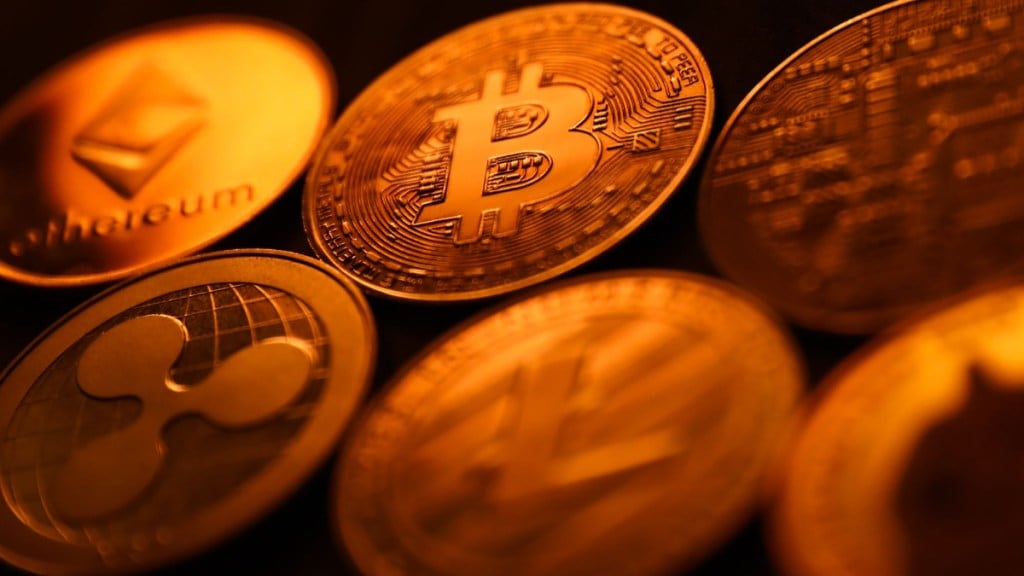The Indian Express, along with the International Consortium of Investigative Journalists (ICIJ), has launched a major global investigation that exposes the fast-growing area of financial wrongdoing called The Coin Laundry. Over the past 10 months, 113 journalists from 38 news organisations studied how cryptocurrency exchanges are becoming new channels for illegal money to move across countries. For the India leg of the project, The Indian Express examined 144 cases reported in the last three years to understand how money from cybercrimes is being routed to international networks.
Crypto Exchanges – New gateways for dirty money to cross borders
Cryptocurrency exchanges work in a space which has very few clear rules. So their fast-changing technology has created a new route for illegal money to move across borders, the investigation has revealed. Indian authorities are now struggling to keep up with the scale and speed of these activities.
In the past nine years, global exchanges have had to pay more than $15.6 billion in fines, penalties, and settlements. The size of these actions shows how big and hidden this alternative financial world has become, a world that earlier belonged mainly to offshore tax havens.
How India is involved – 27 crypto exchanges allegedly helped criminals move stolen money
IE in its India leg of investigation uncovered troubling details about how crypto is being misused. Between January 2024 and September 2025, the Home Ministry’s Indian Cyber Crime Coordination Centre (I4C) identified at least 27 cryptocurrency exchanges that were allegedly helping criminals move stolen money. Around Rs 623.63 crore taken from nearly 2,872 victims is believed to have passed through these platforms. The amounts linked to each exchange vary widely from over Rs Rs 360 crore at one platform to just over Rs 6 crore at another.
Over the past three years, the I4C studied at least 144 cybercrime cases and found clear trails showing how criminals convert stolen money into cryptocurrency and send it to networks operating across countries.
Russian crypto suspect involved in film featuring Kevin Spacey, Disha Patani
One of the cases which stood out was of a Russian crypto suspect who was involved in a film featuring Oscar-winner Kevin Spacey and Bollywood actor Disha Patani, multiple investor events aimed at Indians; and even a birthday celebration in Mumbai for Maye Musk, the mother of Elon Musk.
The scale and complexity of these money trails place The Coin Laundry project in the same league as earlier global investigations coordinated by the ICIJ, including the HSBC Leaks, Panama Papers, Paradise Papers, and Pandora Papers. Like those probes, this investigation exposes how dirty money now travels through digital assets that offer anonymity and easily cross borders.
What is the global risk?
A cryptocurrency is a digital form of money that people can buy, sell, or send without using a bank. All transactions are logged on a blockchain, a public record that is hard to tamper with, but the identities behind those transactions can stay hidden through wallet addresses.
A cryptocurrency exchange is the marketplace where these tokens are traded. It works somewhat like a stock exchange, but the rules are lighter, trades happen faster, and users often have more anonymity. When these platforms operate without strong checks, the same qualities that attract regular investors also draw scammers and money launderers.
Regulation across the world is uneven. Some places like Japan, Singapore and the European Union have strict rules and licensing. Others have far more relaxed systems. This uneven global framework has created gaps that criminals can exploit, similar to what earlier ICIJ investigations exposed in offshore banking.
Criminal groups involved in ransomware, drugs, online fraud and sanctions evasion increasingly use crypto because it is fast and can hide their tracks. Money can move through several wallets, exchanges and mixing services within minutes, often disappearing into regions with weak oversight. India’s situation reflects this global pattern.
A regulatory vacuum exists in India
Even though more and more people in India are investing in crypto, the government is still careful about how it should be regulated. The IE report, citing officials, says that they face a tricky situation. If they set rules for crypto, it might look like they are approving it, which could encourage even more people to put their money into an asset that is highly volatile and could pose risks to the financial system.
Right now, the Finance Ministry is preparing a discussion paper on cryptocurrencies. This is only an early-stage document meant to explore ideas, not a final policy plan.
Meanwhile, investigative agencies are dealing with an unusual problem, where to keep digital coins they seize during probes. The Indian Express has learned that one top agency has temporarily stored nearly $4 million worth of seized cryptocurrency with a private firm that provides secure custody and wallet services.

